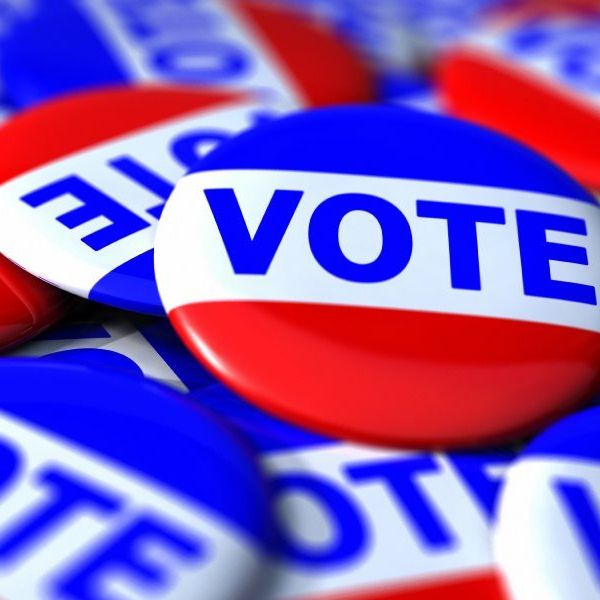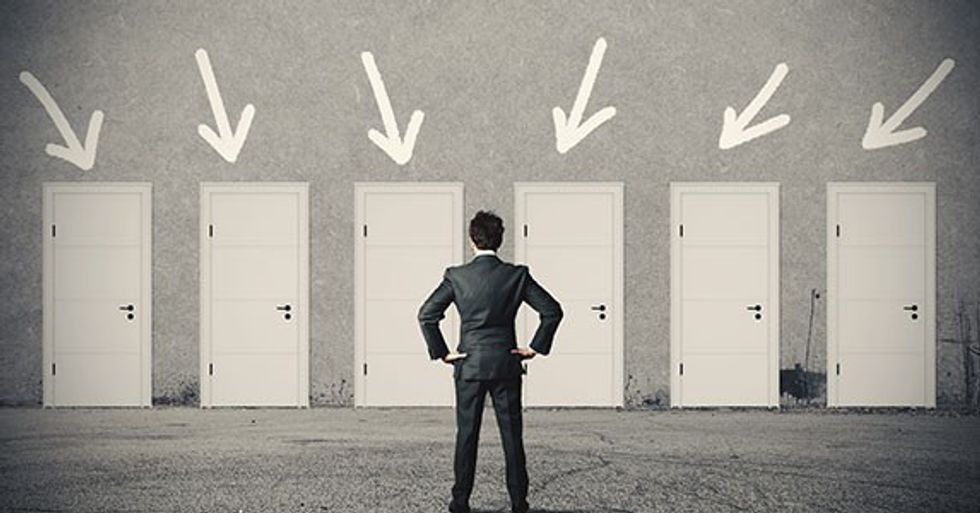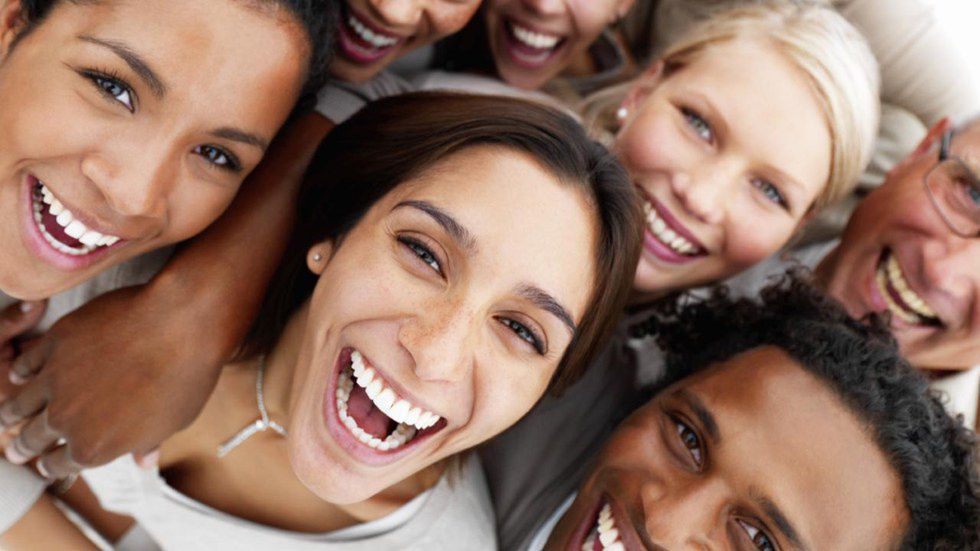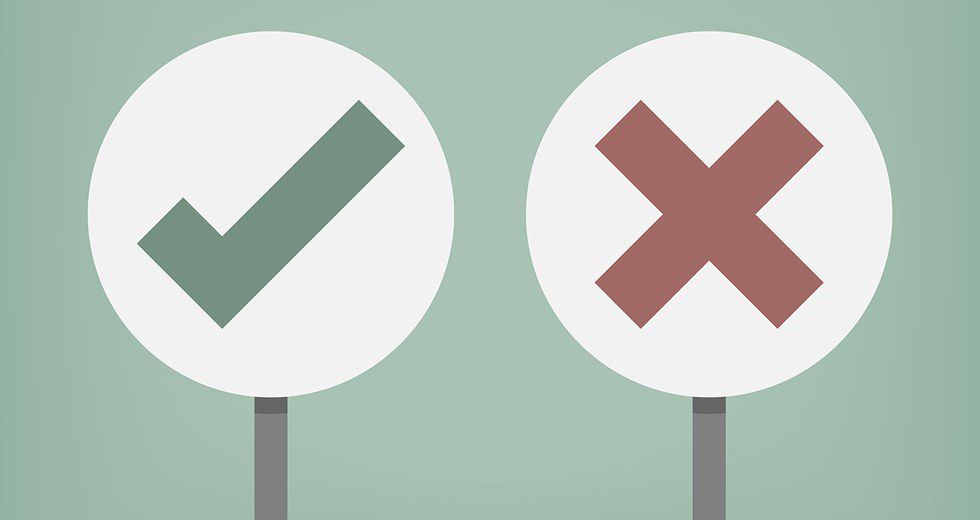As we all know, elections are coming up and they are coming fast. I don’t know about you, but after watching the Presidential debate just this last week, plus following campaigns throughout the year, I am feeling a tad bit lost on who will get my vote. Honestly, I’m not feeling too awfully great about any of the candidates this go around. Regardless, I know that I still want to vote and practice one of my freedoms as an American citizen. So what are people like myself supposed to do in a situation like this? Today, I would like to propose a few questions that we can all ask ourselves before voting to help us come to a well educated and confident choice.
1. What are the policies and topics that are important to me?
This should always be the first and most important question. If we do not know what we believe is important, how can we expect anyone else to represent us? Take a moment to look at different policies of the government and from the individual campaigns. Figure out what you like, dislike and so on. Once you discover this, making a decision on who to vote for can become a little bit easier.
2. Which candidate has similar views on those policies and topics?
As human beings, we quite often follow the crowd and go for whoever is popular within our groups. I understand that. We all want to feel like we are part of a group. However, for this election we still need to sit down and consider that first question and compare our answers with the candidates. We may even be surprised by which one is more compatible with our beliefs and desires. I encourage you to have a look for yourself and to not just take someone else’s word for it.
3. How has each candidate voted and represented their country in the past?
This is an area that many people can often forget. I know in other elections, I myself have neglected to consider this aspect. It is crucial to realize that how a candidate votes in the past is often a clear sign of how they will vote in the future. It does not matter if they have taken a new stance, or are proposing new ideas in their campaigns, candidates will most likely default back to their natural stances and vote in such a way.
4. If the candidate I vote for wins, how will it affect myself, my family and my friends?
I believe it is important to realize that the effect our vote has does not conclude once a president is elected. It continues on throughout the rest of that candidate’s term or terms. So we need to consider the proposals made by all the candidates and take a look on how that is going to affect our lives. Some may not believe it, but the new president absolutely will make a significant change in this country that we will all have to face at some point. So, take a moment to think about which candidate will be the most beneficial.
5. Are there any reasons to not vote for either candidate?
With this question, I want to challenge all of us to be objective. If we are unable to look at all sides as fairly as humanly possible, then it is only harming ourselves. We are not giving ourselves the chance to make the best possible decision. Regardless of which candidate you prefer, there will always be at least one reason why you should not vote for them. We should be willing to consider that and make sure we are still willing to stand for that person. After looking at the pros and cons of the candidates, and you are still standing strong on one, then congratulations! You have successfully made a well educated and confident choice.
Overall, I just want to make sure that I and others around me have the best possible chance to make the decisions that they want. I don’t want to be part of a country where we are perfectly all right with being blindly lead into something. I believe that it is important that we go into all decisions with our eyes wide open, fully understanding both the positive and negative consequences. We have been given a tremendous freedom. I beg you not to waste that.


























